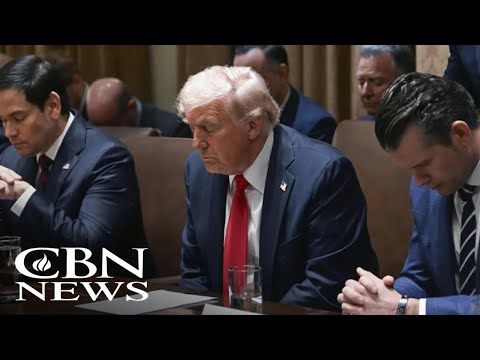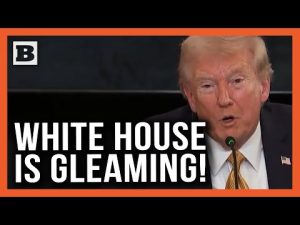This week, the White House is making headlines for its special observances during Holy Week, resonating with many in the evangelical community. The administration has planned a series of significant events, including an Easter dinner and a prayer service, which demonstrates a commitment to honoring the Christian faith. This is in stark contrast to last year’s observance, which many felt overlooked the significance of the Easter celebration. With President Donald Trump at the helm, there is a renewed focus on the importance of faith and what Resurrection Sunday represents.
The President’s proclamation on Palm Sunday is especially noteworthy. He emphasized religious freedom and the protection of Christian values in various sectors, including schools, the military, and government institutions. This proclamation is pivotal for many evangelicals, as it reinforces the belief that faith should not only be celebrated in churches but also acknowledged in the public square. The message that the administration stands firm in upholding the rights of Christians offers hope and encouragement to believers across the nation.
Franklin Graham, a respected voice in the evangelical community, reacted positively to the President’s proclamation. He noted that the message delivered in the proclamation was reminiscent of the powerful sermons often heard from pastors in churches. Graham’s endorsement highlights the critical importance of having political leaders who are unashamed of their faith and willing to express it publicly. It serves as a reminder to evangelicals of the significance of having leaders who align with their values and who advocate for the teachings of Jesus Christ.
In addition to the events and the proclamation, the White House Faith Office, established under Trump’s administration, is committed to protecting religious liberty and supporting faith-based entities. This focus is crucial, as many evangelical Christians have felt marginalized in recent years. The administration’s commitment to these values reflects a willingness to protect the freedoms of believers and gives hope to those who have faced discrimination. It sends a strong message that religious liberty will be defended and that the government acknowledges its responsibility to protect all faiths.
As this Holy Week unfolds, the events and proclamations from the White House resonate deeply with many in the evangelical community. They emphasize the significance of faith, the importance of celebrating it publicly, and the commitment to safeguarding the rights of believers. In a rapidly changing cultural landscape, these developments are not only noteworthy but invigorating for those who hold faith as central to their lives. The observances this year stand as a reminder of the power of faith and the role it plays in shaping moral and ethical discussions in our society.



